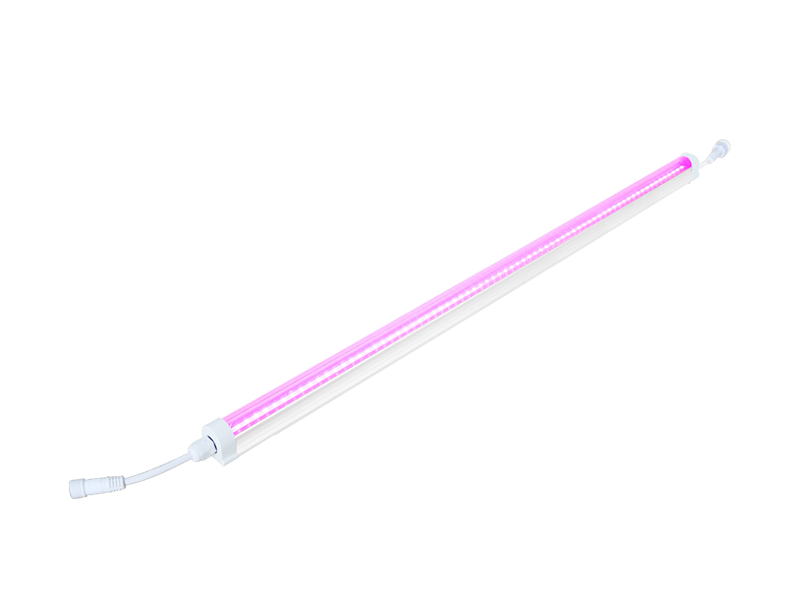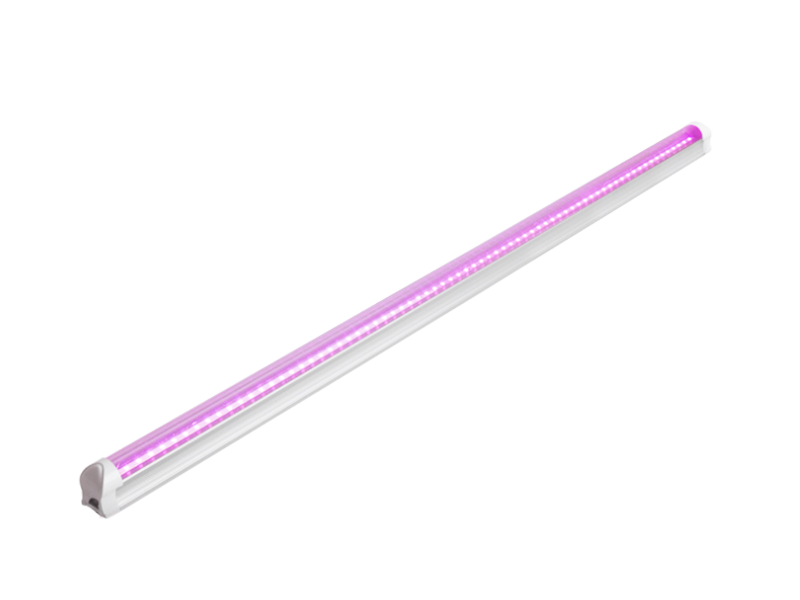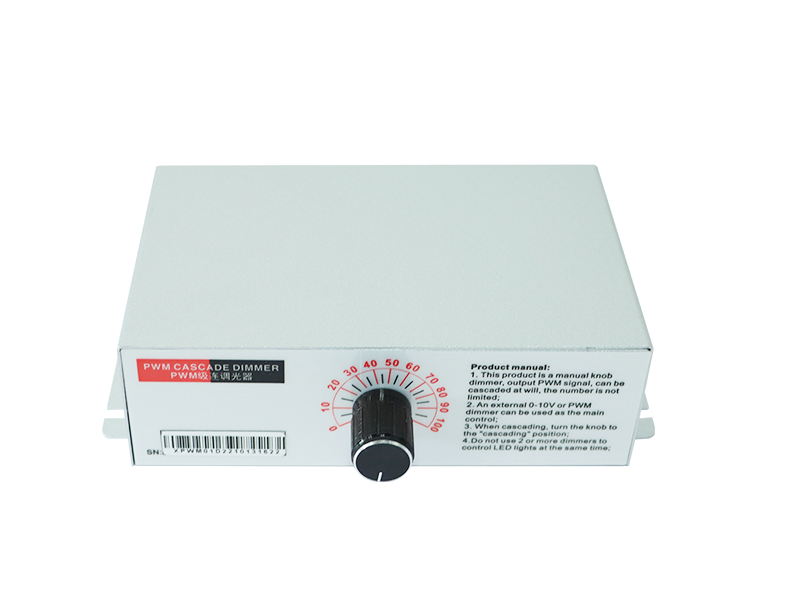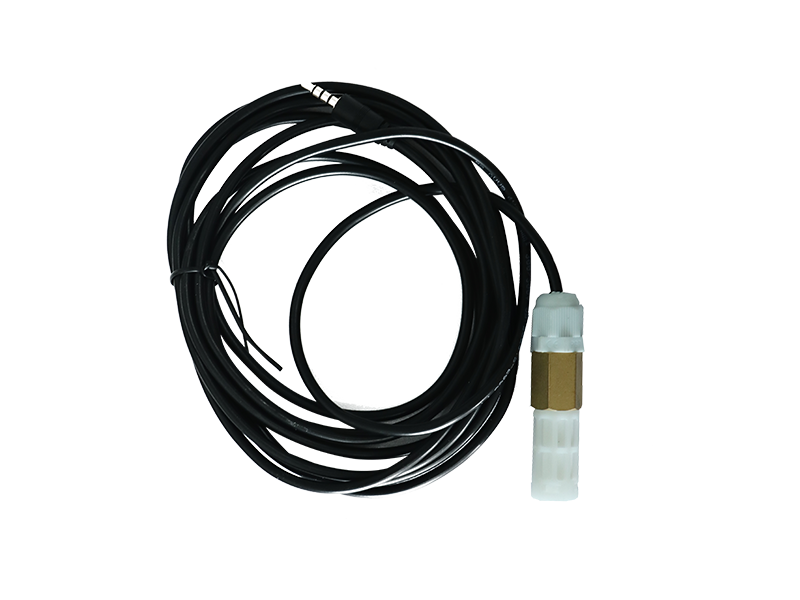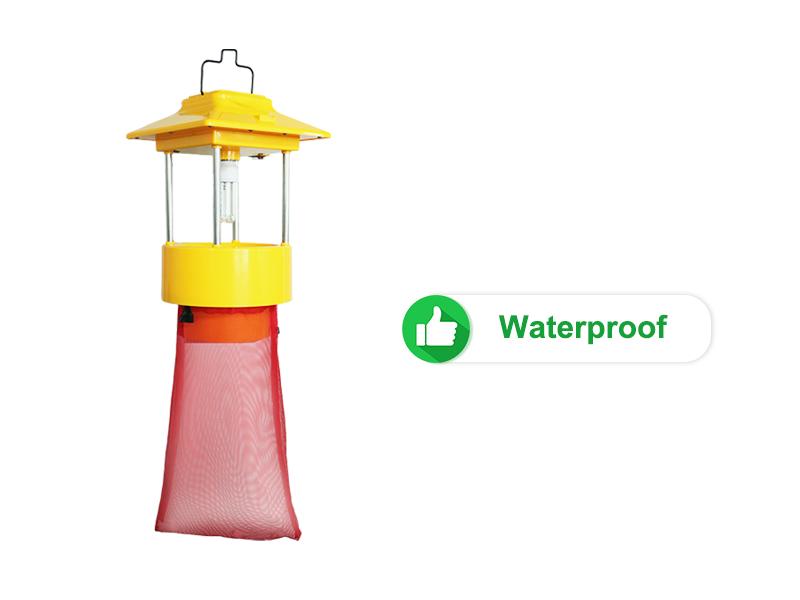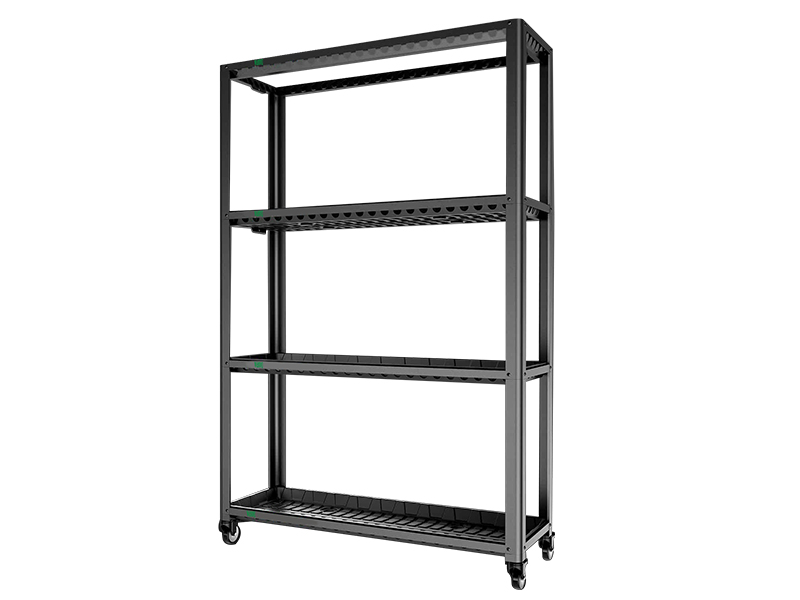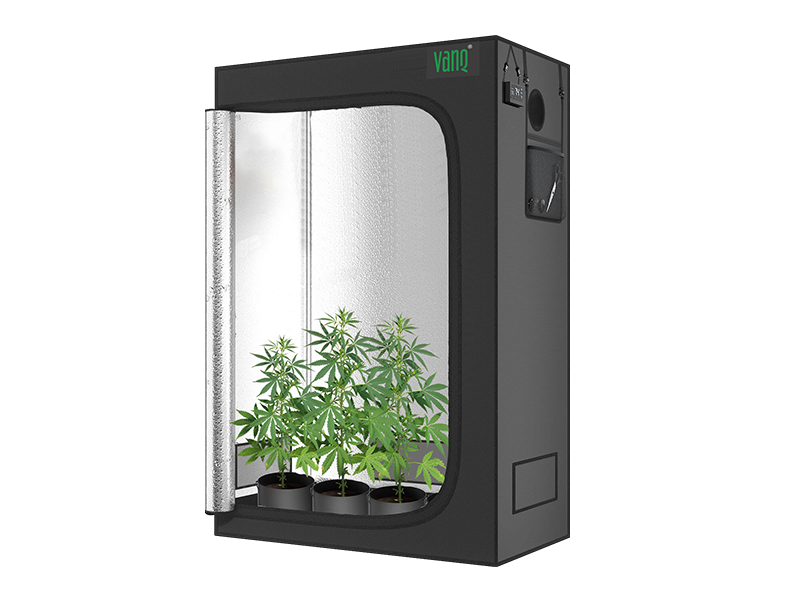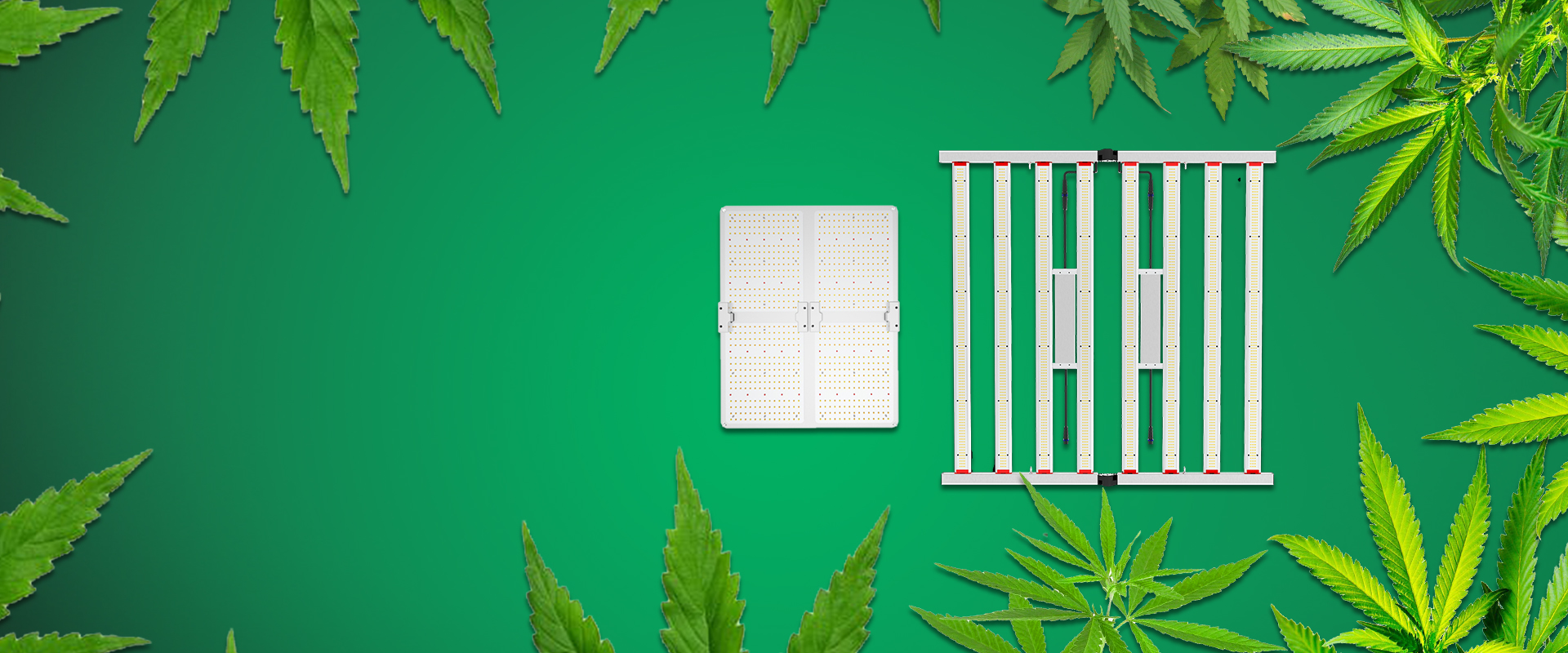It's finally Friday, and you're lying comfortably on the couch, holding a joint in your hand, ready to "relax" and enjoy the wonderful weekend. Sounds like a normal part of modern life, right? But wait, do you really understand what that cigarette in your hand does to your mental health? Perhaps the story behind it is more complicated than you think.
First, let’s start with the two main protagonists of cannabis – THC and CBD. They are like double agents. On the one hand, they can bring you joy and peace, but on the other hand, they may quietly erode your mental health. THC, the compound that makes people "fly", can instantly ignite your pleasure receptors, but excessive enjoyment may make you fall into a haze of blurred memory and confused thinking. And CBD is like that friend who can always lend a helping hand when you are anxious, helping you find your inner peace.
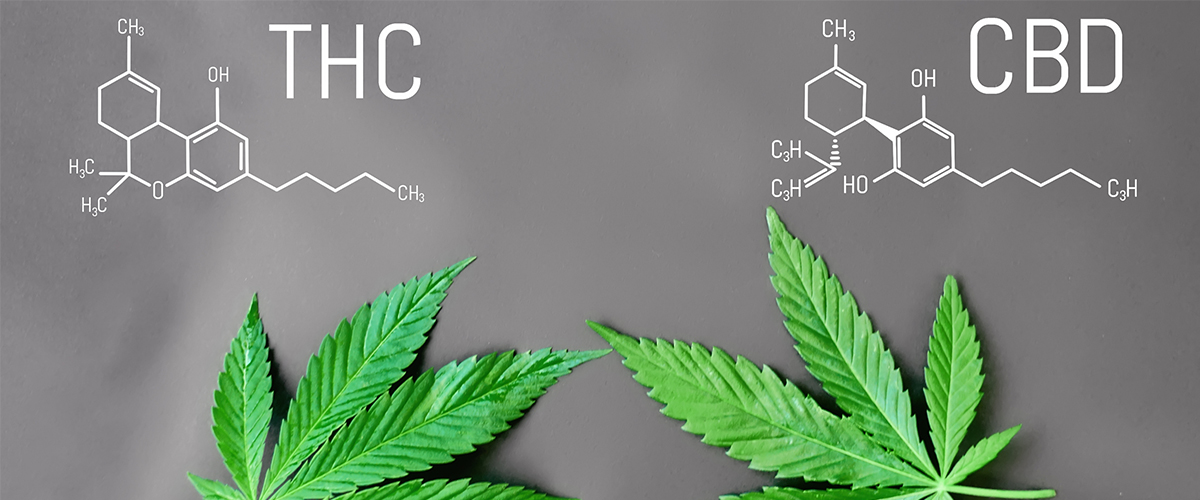
But far more than that, the impact of cannabis on mental health is a war without smoke. On the one hand, research shows that cannabis may be a powerful weapon in fighting chronic pain, improving sleep quality, and even reducing anxiety and depression. These findings undoubtedly provide strong support for the legalization of cannabis.
However, on the other side of the battlefield, there are warnings about the mental health problems that cannabis can cause - from addiction and memory loss to an increased risk of schizophrenia, these potential negative effects are like a Damocles hanging overhead. The sword always reminds us: cannabis is not harmless.
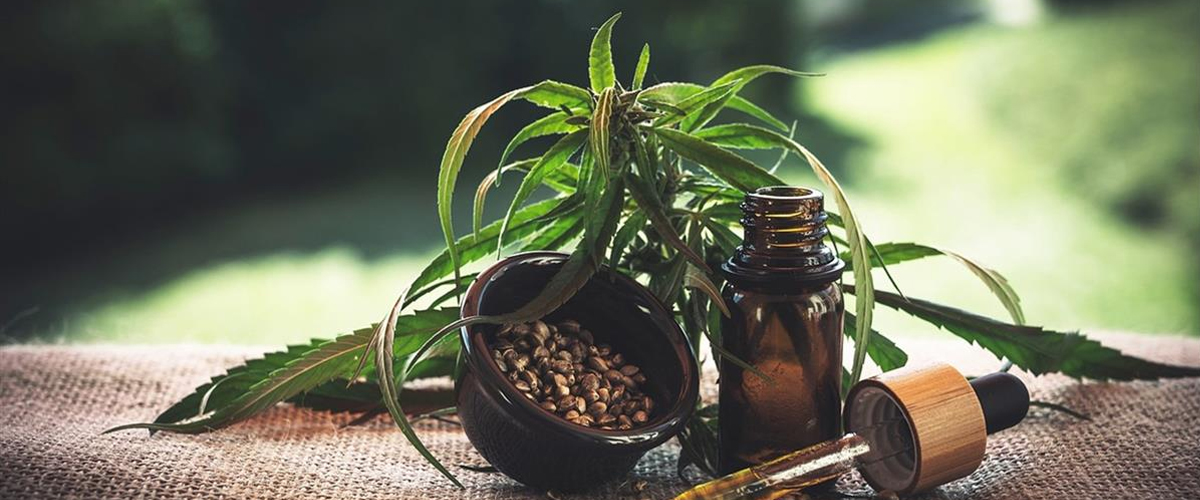
Especially for teenagers and people with existing mental health issues, the effects of cannabis can be a double-edged sword. It can either be a reliever of their psychological distress or a catalyst that can exacerbate it. Therefore, recognizing the signs and potential risks of cannabis use is crucial to protecting our mental health. Here are some practical tips when you’re ready to try cannabis to treat psychological issues:
1. Individual differences: Everyone reacts differently to cannabis. Observing yourself first and understanding your personal reactions is crucial.
2. Choose low-THC products: If you’re new to cannabis or have a sensitive reaction to THC, consider choosing low-THC and high-CBD products. CBD is thought to reduce anxiety and other discomfort without causing the "high" feeling that THC does.
3. Act within your ability: Start with a small dose and adjust appropriately according to response. Avoid blindly following the trend and overusing it.
4. Safe environment: Use it in a safe and comfortable environment, and it is best to be accompanied by trusted friends.
5. Avoid mixing: Don’t mix cannabis with alcohol or other drugs to avoid increased risks.
6. Mental health risks: People with a history of mental health problems should consult a doctor before use to avoid potential risks.
7. Monitoring frequency: Regularly reflect on usage habits to ensure that it does not affect daily life and avoid dependence.
By following these simple guidelines, you can enjoy cannabis to the fullest while protecting your mental health. Marijuana is just one part of life, not the whole. Maintain balance, find diverse sources of happiness, and make life more colorful.







